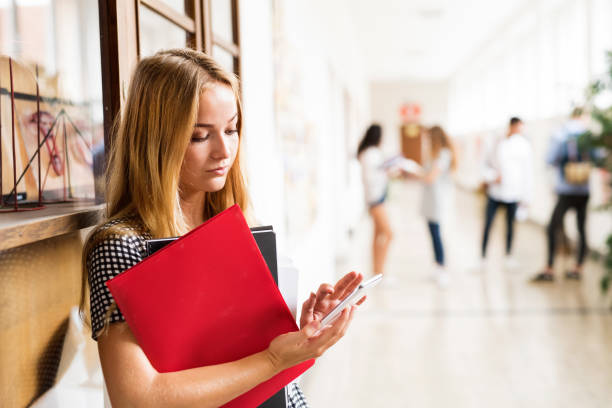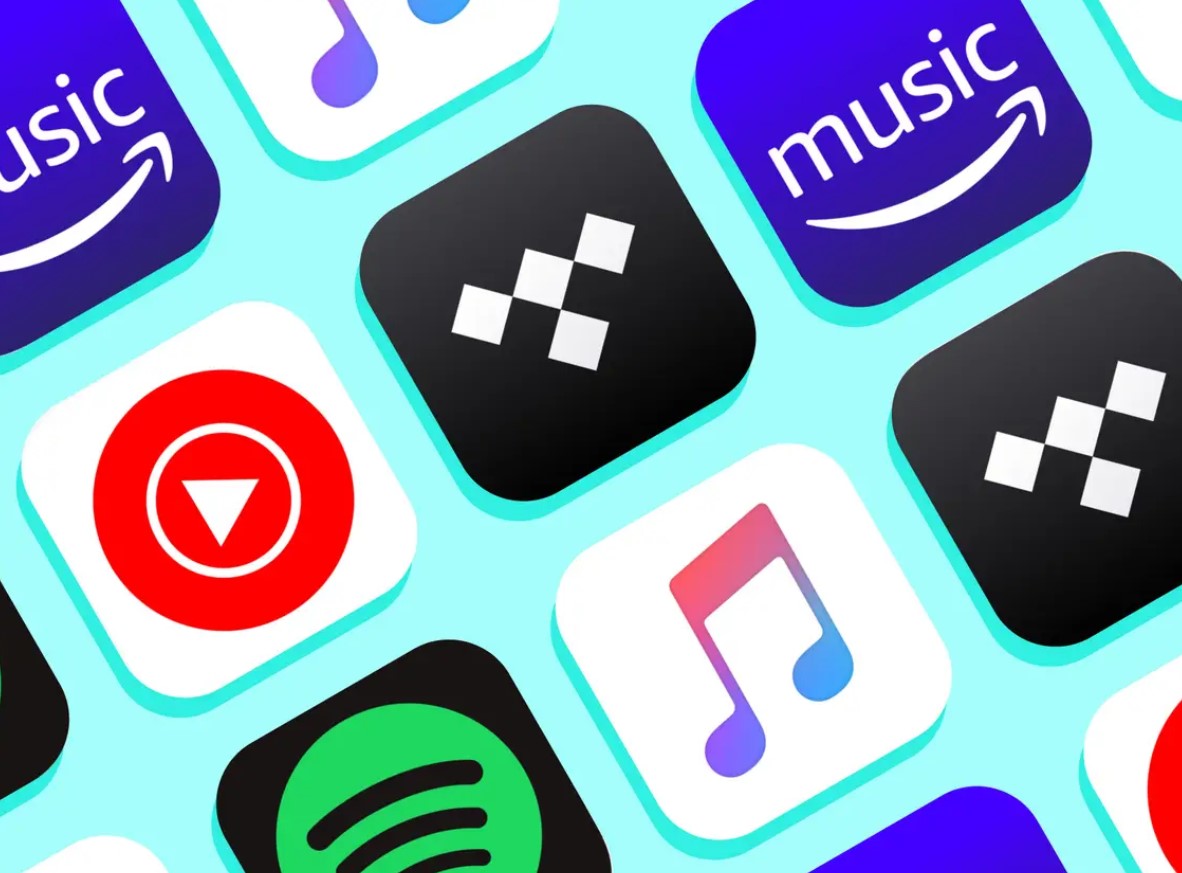Hello and welcome to my first blogpost here for digital media, culture and society! Though familiar with blogging through sites such as Tumblr, I now hope to make a digital home here as well. I want to start off this blogging series by explaining my current stance on the topic of digital culture, and hope to document how this changes and evolves throughout this course. Without further ado, let’s get into it!

The Media a.k.a. the Big Brother that Orwell had warned us for, the supreme evil of the TikTok algorithm eating disorders, the horrors of doom scrolling as you spiral deeper and deeper into posts with graphs on climate change and articles about another shooting targeting lgbt people (or was it people of color this time? Was it children? No, that was yesterday. Oh, a new article about hate crimes against-) Facebook is evil, humanity is inhumane and the Media has without a doubt done a lot of harm. It has become easier than ever to spread propaganda and lies, to target doubts and insecurities in order to make money.
These are familiar phenomena for many internet users. I have been perpetually and chronically online since I was around eleven years old and my parents could no longer monitor my internet access with mobile phones and portable laptops becoming more and more present. I can speak for the dangers of the media, of doom scrolling, of cyberbullying, of staring at pretty girls with hourglass bodies while feeling increasingly insecure. Been there, done that. Having any and all content blown at me unfiltered from a young age has probably done irreversible brain damage. And yet, here I am to offer a new perspective. To highlight that the Media (specifically social media) isn’t all bad, the favors the media has done me and what the media says about society. I want to offer some nuance to the debate, and while it probably bleaks in the face of facebook data abuse, I at least don’t have a Facebook account.
Coping mechanisms
So, high school, right? Horrible, I hated it and the only thing that got me through was clutching my phone in my corner in the hallway where I texted my internet friends and talked to them about the things we loved. The things my peers in school teased me for, or simply didn’t share with me. We texted endlessly about the emo bands we loved, the books we saw on Goodreads lists and wanted to read together. We discussed the Sherlock plot twists and showed off the shiny Pokemon we caught. I found these friends through the media, and the media offered me access and content on the things I love. Having music blast through my earphones while scrolling through Tumblr threads about the video game that was all the hype in 2015 got me through. And what those friends were to me, I was to them. The friends I had, had more internet friends. More lonely teenagers who escaped school cliques through video games, british vloggers and fanart of anime characters.
While I am no longer a depressed teenager, I am still an avid social media user. I’m on Discord every night to unwind after a tiring day of working with my friends who live in the USA, my friends who live in Korea, my friends who live in Germany. I still love video games and occasionally I will pop up on someone’s Twitter feed. Throughout the day, I text my boyfriend stupid memes and I can give him a call when I miss him. No more a letter to the king scenarios where a message takes weeks to deliver. When I want to speak to someone, they are there. It’s us, friends, people sharing stories and time as people have always done.
Our responsibilities
As we have always done is the entire point. The media is an extension of society. Evils we see as the media are the same crimes over the centuries with new masks. Hitler didn’t need Facebook for his propaganda, and the Catholic church was exploiting people’s fear of going to hell (like the fear of gaining weight, with a Kardashian as its pope!) to such an extent an entirely new church was invented. Those in power will always be inclined to abuse it, and the media is just one expression of this aspect of humanity. In a similar way, the media connects people who’d normally never be able to get in touch and empowers the community. The online community we have created has the same duty as the offline society of centuries before: to ensure our environment is safe and kind and truthful. The duty that *insert literally any government* cannot spread lies and no young teenager has to compare their body to that of a celebrity. Through the media, we share art like in a gallery and chat like in a coffee shop.
With the media growing ever more powerful, keep making documentaries, keep sharing stories of data leaks and human rights abuse, criticize and revolt when a tool or a system has been misused. And in that same voice I want to call to keep sharing and creating. Text your friends, tweet a reply to your favorite artist, share funny videos of cats and do a dance. Each person should nurture their own media usage and be aware of what we post. It’s so easy to say things to a screen, easily forgetting there is someone on the other side. We all bear responsibility inside the screen, and it is the same responsibility we bear when we speak to another person face to face. It is the same human trust we put in a stranger to treat us respectfully, in a teacher to guide us, in a government to lead us and in a friend to hold us.
References
https://www.ipcc.ch/sr15/graphics/
https://hatecrime.osce.org/netherlands
https://education.nationalgeographic.org/resource/protestant-reformation
https://www.historyhit.com/anti-jewish-propaganda-in-nazi-germany/



As someone with a similar online background, I wholeheartedly support this message. There’s plenty to get mad about, but we can’t forget to appreciate the fact that you can enjoy yourself online too!
perpetually online people with active tumblr accounts unite! itś important to respect both the bad and the beautiful!!
I totally agree! Personally, I often have a tendency to critique media. At the same time, however, I enjoy using it. My friends recently brought up the contradiction in my stance towards media, algorithms, etc. and my use of TikTok. I jokingly answered that my TikTok-algorithm is – in contrast to other people’s for you pages perhaps filled with fake news, TikToks about depression, etc. – actually extremely funny and knows what I want to see. This doesn’t make it less problematic, but it is a way to explain it away/justify it for myself.
So, you’re absolutely right about the fun and useful side of media. However, one more thing. Something that did stand out to me, is that you say that media is an extension of society. Though I fully understand what you mean here, I often do wonder whether media are not another ‘world’ next to our actual reality.
Criticism should definitely be given! There are so many risks and dangerous aspects to social media that should be paid attenton to!! I think that you make an interesting point, nearly sci-fi like even, and I can stand with media being another world. However, that world is not isolated from the ´real´ world and things that happen in the media (say, comments on a social media post) have real word effects. A world next to our reality, yes, but those worlds are inherently connected!!